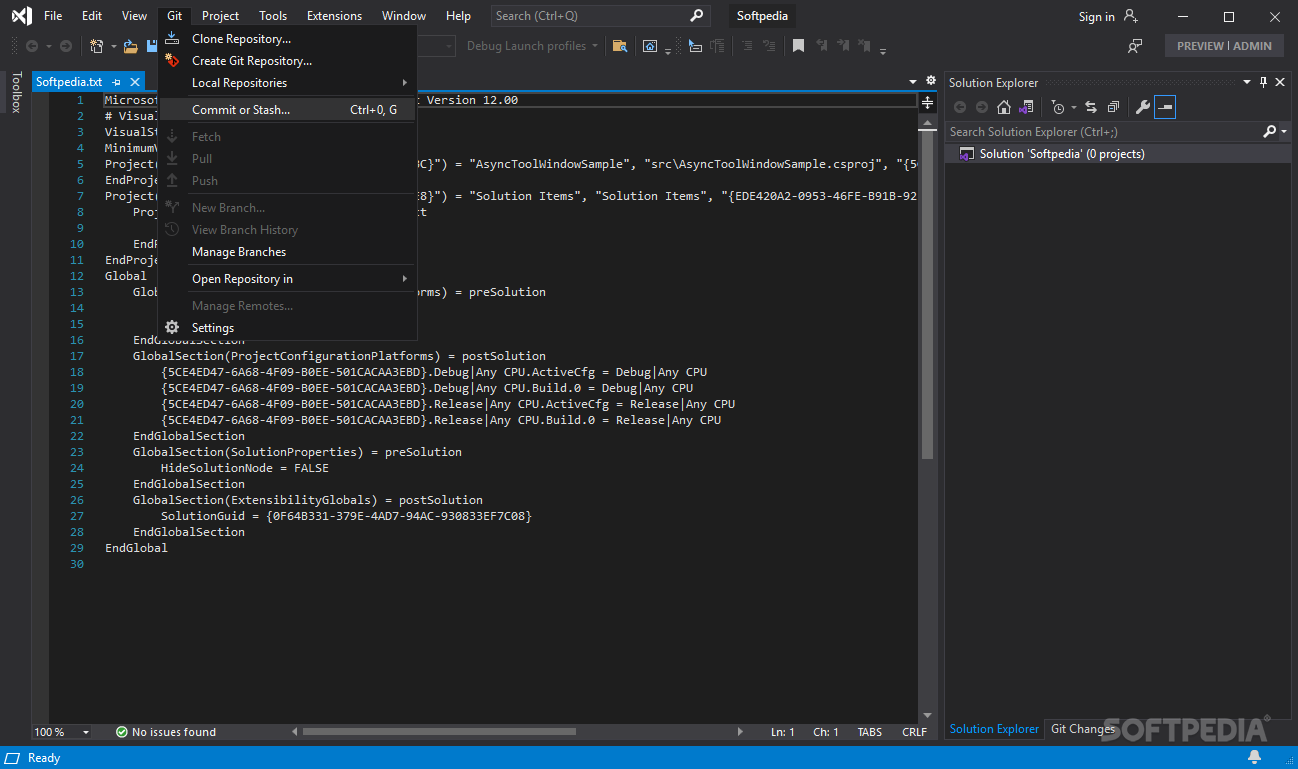- Visual Studio 2013, including any update
- Team Foundation Server 2013, including any update
This release include minor update to support TFS 2013 Update 3 and some bug correction. Here’s the listing: Support for TFS 2013 Update 3; Improvement and bug fixes on the unordered list; Bug fixes in the product management; So, can't wait to have this amazing new version of UT? Click here to download it. Enjoy your experience folks!
- This is not the latest version of Team Foundation Server. To download the latest release, please visit the current release notes for Team Foundation Server 2018 Update 3. You can change the language of this page by clicking the globe icon in the page footer and selecting your desired language.
- Professional Team Foundation Server 2013. Team Foundation Server and Visual Studio Online is an integral part of Microsoft’s Application Lifecycle Management suite for managing and delivering software projects. The 2013 update has opened up TFS for everyone by expanding capabilities to.
- Download Visual Studio 2013 Update 3 See the full list of new features in the Visual Studio 2013 Update 3 RTM release notes and bug fixes in the Visual Studio 2013 Update 3 KB article. You can also watch a video about the release. I’ve blogged about the features before but I’ll reiterate that some of the biggest enhancements in this Update.
- The TFS-Team at Microsoft is aware of the fact that this makes it more difficult to obtain a working installation of the MSSCCI-Provider for TFS. Team Explorer 2013 is still available for free by download from the Microsoft website. However, you now need a free Visual Studio Dev Essentials account to download Team Explorer. (It is available via.
If you need previous versions of the power tools, you can go to the 2012 version on VS Gallery, or to the download center for version prior to 2012.
Compatibility
The TFS Power tools consists of a few tools that can only be run on the server (such as the Best Practices Analyzer), but the majority are exposed through the Visual Studio IDE.
To run the server power tools you need to install the power tools on the TFS Application Tier, and the server of the Power Tools need to match the version of your TFS server.
On the client however you need to match the version of the TFS Power Tools with your Visual Studio client. If you have VS 2013 installed, you need to install the TFS 2013 power tools. Regardless of which version of TFS you are targeting. To clarify, here are some examples:
VS 2013 connecting to TFS 2013: Install TFS 2013 Power tools
VS 2013 connecting to TFS 2012 or TFS 2010: Install TFS 2013 Power Tools
VS 2012 connecting to TFS 2013: Install TFS 2012 Power Tools (since the power tools need to match the VS version)

For the full details on compatibility see the MSDN article 'TFS 2013 Compatibility and Dependencies'
Prerequisites
Best Practices Analyzer
- Verify that the deployment for Team Foundation Server is configured according to recommended best practices
- Identify the source of problems in an unhealthy deployment
- Take a snapshot of the configuration of a deployment
- Obtain usage data about the volume of data stored or accessed in the past 14 days. Includes specific information about database tables that have a tendency to grow and that may need to be reduced in size.
Check-in policies
A Visual Studio add-in, located under the Team | Team Project Settings | Source Control menu. It adds the following checkin policies:
| Policy | Description |
|---|---|
| Custom Path Policy | This policy scopes other policies to specific folders or file types |
| Forbidden Patterns Policy | This policy prevents users from checking in files with fobidden filename patterns |
| Work Item Query Policy | This policy allows you to specify a work item query whose results will be the only legal work items for a check-in to be associated with |
Process Template Editor
Storyboard Shapes

Team Explorer Enhancements

Team Foundation Server Microsoft Teams
Team Foundation Power Tool Command Line (tfpt.exe)
| Command | Description |
|---|---|
| addprojectportal | Add or move portal for an existing team project |
| addprojectreports | Add or overwrite reports for an existing team project |
| annotate | Display line-by-line change information for a file |
| bind | Convert VSS-bound solutions into TFS-bound solutions |
| branches | Convert, reparent, list, and update branches |
| builddefinition | Clone, Diff or Dump build definitions |
| buildprocesstemplate | Manage build process templates |
| connections | Modifies Team Explorer client connection settings |
| createteamproject | Create a team project |
| getcs | Get only the changes in a particular changeset |
| online | Pend adds, edits, deletes to writable files |
| query | Query for work items |
| review | Review (diff/view) workspace changes |
| scorch | Ensure source control and the local disk are identical |
| searchcs | Search for changesets matching specific criteria |
| treeclean | Delete files and folders not under version control |
| unshelve | Unshelve into workspace with pending changes |
| uu | Undo changes to unchanged files in the workspace |
| workitem | Create, update, or view work items |
Test Attachment Cleaner
Team Foundation Server 2013 Download
- Determining which set of diagnostic captures is taking up how much space AND
- Reclaiming the space for runs which are no longer relevant from business perspective.